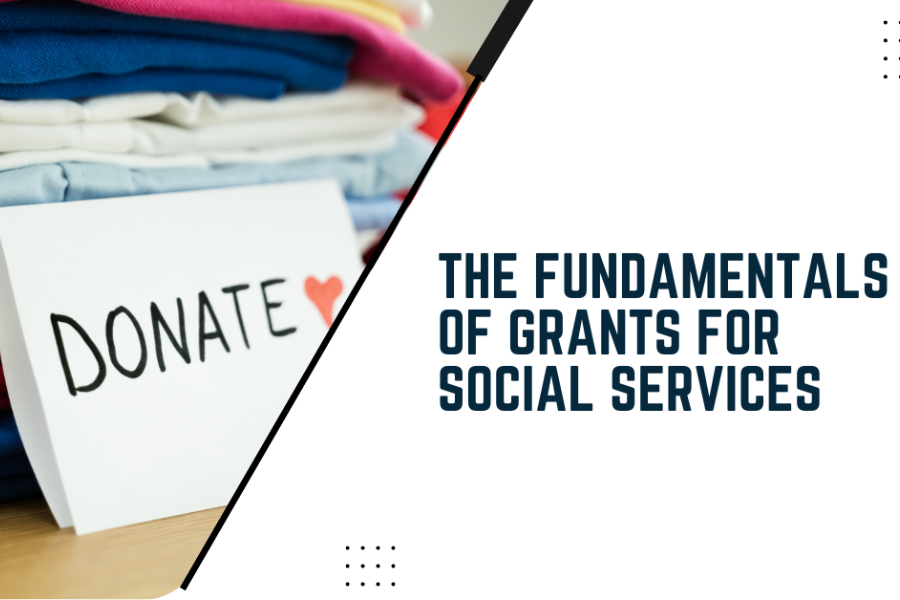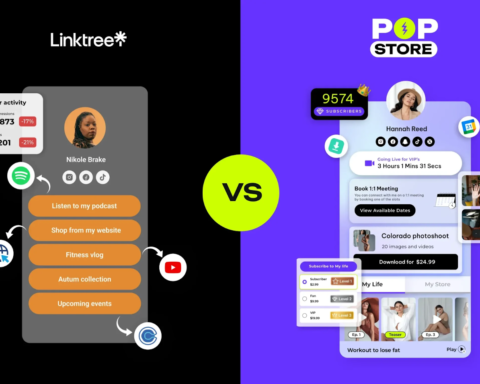Social grants, a form of government assistance provided to individuals or families in need, are crucial tools in the fight against poverty. These grants can take various forms, including child support, old-age pensions, disability grants, and unemployment benefits. They aim to alleviate immediate financial distress and improve long-term socio-economic outcomes. This article explores the impact of social grants on poverty reduction, analyzing their effectiveness, benefits, and challenges.
The Role of Social Grants in Poverty Reduction
Immediate Financial Relief
Social grants provide immediate financial relief to the most vulnerable populations, enabling them to meet basic needs such as food, shelter, and healthcare. This immediate support helps prevent extreme poverty and destitution, offering a safety net for individuals and families in crisis. Regular use of the SRD status check ensures that beneficiaries receive their grants promptly, which plays a vital role in poverty reduction by providing consistent financial support.
Improved Health and Education Outcomes
Access to social grants has been linked to improved health and education outcomes. For instance, child support grants can lead to better nutrition and healthcare for children, enhancing their physical and cognitive development. Similarly, households receiving grants are more likely to invest in education, leading to higher school attendance and better academic performance.
Economic Empowerment and Inclusion
By providing a steady source of income, social grants empower beneficiaries economically. This financial stability allows individuals to participate more actively in the economy, whether through seeking employment, starting small businesses, or investing in productive assets. This inclusion can lead to increased economic activity and growth, benefiting the broader community.
Reduction of Inequality
Social grants can play a significant role in reducing income inequality. By targeting the poorest and most vulnerable populations, these grants help redistribute wealth and reduce the gap between rich and poor. This redistribution fosters social cohesion and can contribute to a more equitable society.
Case Studies
South Africa
South Africa’s social grant system is one of the most extensive in the world, covering millions of citizens. Studies have shown that social grants significantly reduce poverty and inequality in the country. For example, the Child Support Grant has been instrumental in improving children’s health, education, and overall well-being, contributing to long-term poverty reduction. Also get info about sassa offices.
Brazil
Brazil’s Bolsa Família program is another successful example. This conditional cash transfer program provides financial assistance to low-income families, contingent on meeting certain health and education requirements. The program has lifted millions of people out of poverty and improved health and education outcomes for children, demonstrating the power of social grants in fostering sustainable development.
Challenges and Criticisms
Despite their benefits, social grants face several challenges and criticisms:
Dependency
One of the main criticisms is that social grants can create dependency, discouraging beneficiaries from seeking employment or becoming self-sufficient. However, evidence suggests that when designed and implemented effectively, social grants can complement labor market participation rather than hinder it.
Financial Sustainability
Financing social grants can be challenging, especially in developing countries with limited fiscal resources. Ensuring the financial sustainability of social grant programs requires careful planning, efficient administration, and effective targeting to minimize waste and fraud.
Administrative Inefficiencies
Administrative inefficiencies, such as delays in disbursement and poor targeting, can undermine the effectiveness of social grants. Ensuring that the right people receive the right amount at the right time is crucial for maximizing the impact of these programs.
Social grants are powerful tools for poverty reduction, offering immediate financial relief, improving health and education outcomes, promoting economic empowerment, and reducing inequality. While challenges exist, the positive impacts of social grants far outweigh the criticisms when these programs are well-designed and effectively implemented. By continuing to invest in and improve social grant systems, governments can make significant strides towards eradicating poverty and fostering inclusive socio-economic development.
Dive into essential insights and updates on key topics at EssentialTribune.com.








